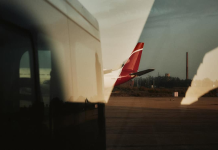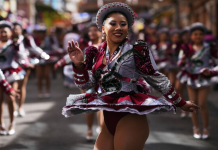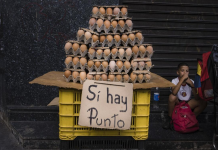So, I was tinkering around the other day, just browsing online, and somehow stumbled upon Mauritania. My first thought was, “Huh, wonder what folks over there actually speak?” It seemed like a pretty straightforward question at the time. I figured I’d find a quick answer and move on. Well, that was the plan, anyway.
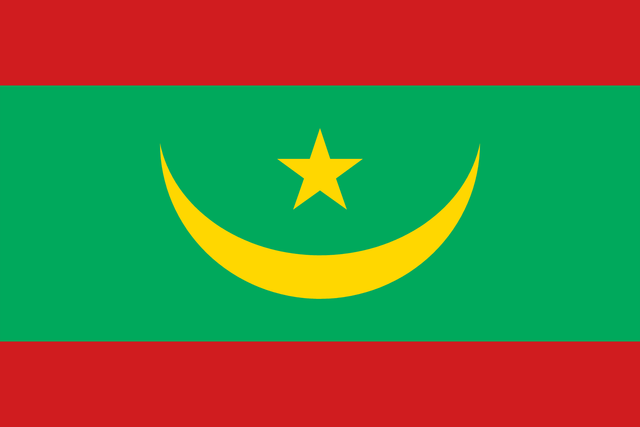
My Initial, Simple (and Wrong) Idea
My brain immediately went, “Okay, North Africa, Arab League member… it’s gotta be Arabic, right?” And yeah, that’s what the big official signs say, more or less. I saw “Arabic” listed as the official language, and I thought, “Job done, mystery solved!” I even patted myself on the back for being so culturally aware. Little did I know I’d just scratched the surface, and a very thin surface at that.
The Plot Thickens: Which Arabic Are We Talking About?
Then I started poking around a bit more, just out of curiosity, you know how it is. One link led to another. And suddenly, it wasn’t just “Arabic.” I saw mentions of Hassaniya Arabic. Turns out, this is what most people actually chat in, day to day. It’s the local vernacular. Then there’s Modern Standard Arabic (MSA), which is more for news, formal stuff, and writing. So, already, it’s not one single “Arabic” but at least two distinct things. It reminded me of those times you learn a language in school and then you go to the country and everyone’s speaking something that sounds related but way different. A bit of a head-scratcher, that.
And Then, There Was French
As I kept digging, another layer popped up: French. Of course! The colonial legacy. You see it in a lot of West and North African countries. French is still pretty common in government, in business, and for higher education. So, on top of the Arabics, you’ve got this European language still very much in the mix. It’s like having an old operating system that everyone says they’re moving away from, but it’s still running half the important applications in the background. It’s just… there.
The Other Big Players: African Languages
But the real eye-opener for me was when I started seeing other names, languages I hadn’t immediately associated with Mauritania. I’m talking about:
- Pulaar (or Fula)
- Soninke
- Wolof
These aren’t just little dialects spoken by a few people. No, sir. These are significant national languages, spoken by large communities, especially in the southern parts of the country. It was like, wow, this linguistic picture is way more crowded and colorful than I first imagined. It’s not just a duet or a trio; it’s a whole orchestra playing different tunes that somehow harmonize – or sometimes don’t, I guess, depending on the situation.
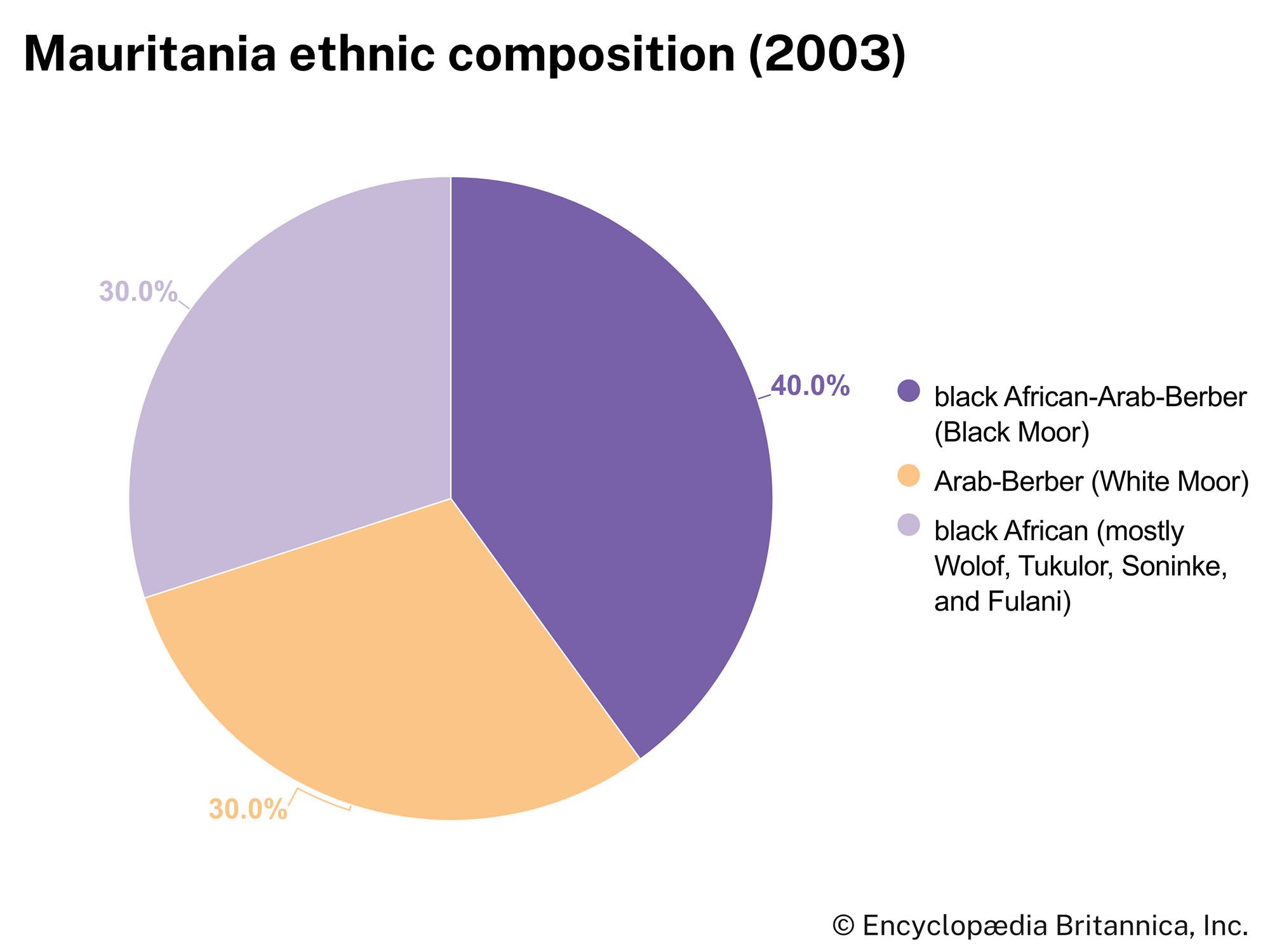
Trying to Make Sense of the Hodgepodge
So, I spent a good chunk of my afternoon just trying to get a feel for how all these languages fit together. Who speaks what, where, and when? Is there a pecking order? It wasn’t about finding exact percentages – I wasn’t writing a thesis, after all. I was just trying to understand the practical reality. It felt a bit like trying to understand a complex recipe with ingredients from all over the world. You’ve got your base flavors, then your strong spices, then other things that add subtle notes.
What I realized is that “languages of Mauritania” isn’t a simple list. It’s a living, breathing system. The official language might be one thing, but what you hear on the streets of Nouakchott or in a village in the south could be a whole different story. Hassaniya seems to be the main lingua franca, the everyday glue. French holds its own in certain domains. And the other national languages are deeply rooted in their communities.
My Takeaway From This Little Dive
It was a good reminder that things are rarely as simple as they look from a distance. You can read a fact sheet, sure, but understanding the texture of a place, how people actually communicate and coexist with multiple languages, that’s something else entirely. It’s a complex tapestry, and each thread is important. It definitely made me more curious about Mauritania, beyond just the headlines or basic facts. Makes you think about how many other places have this kind of rich linguistic mix that we just skim over.


